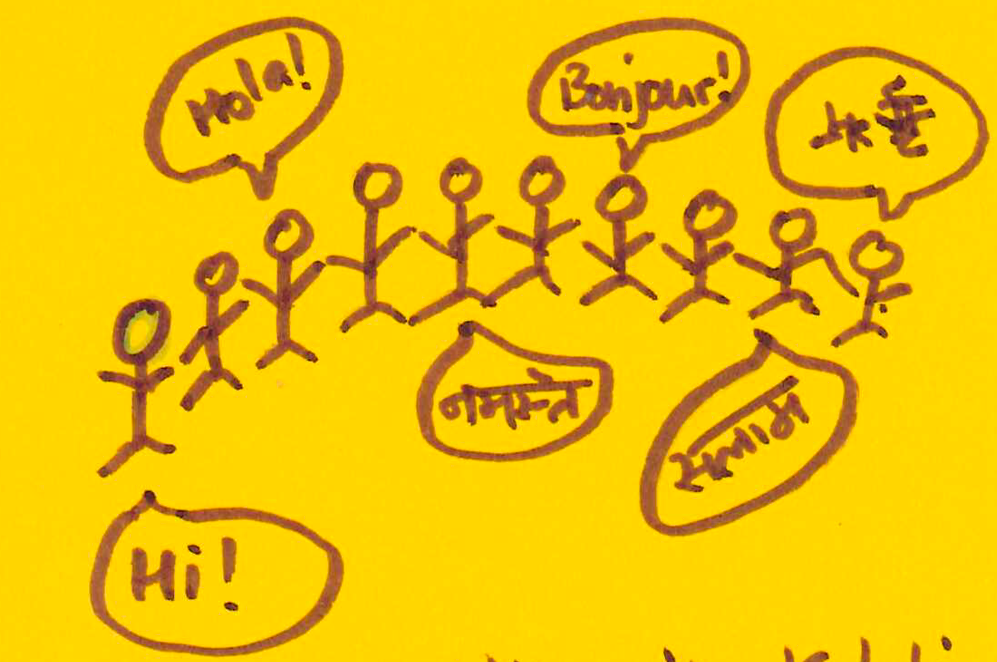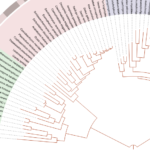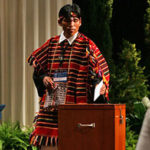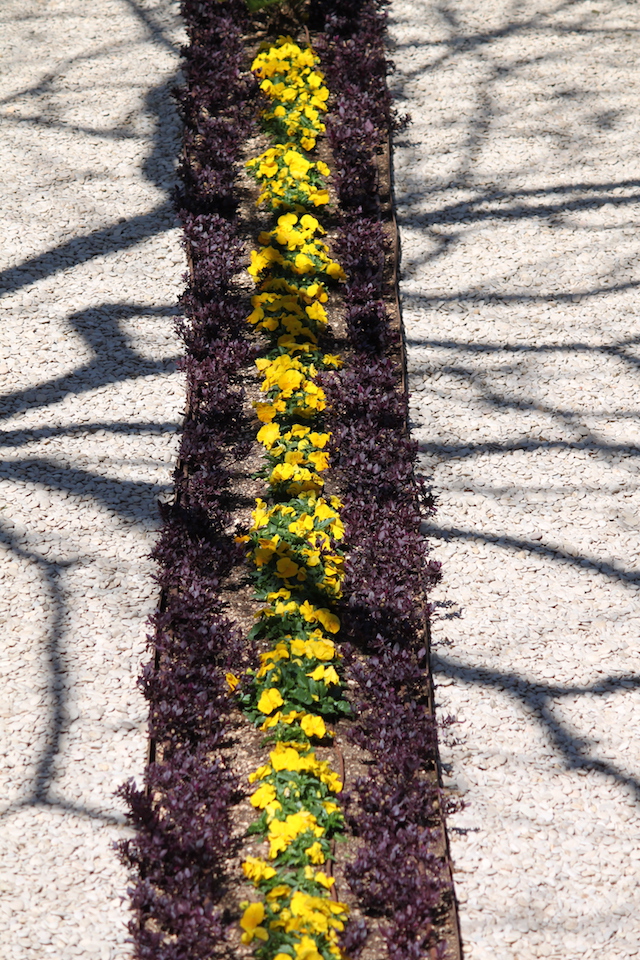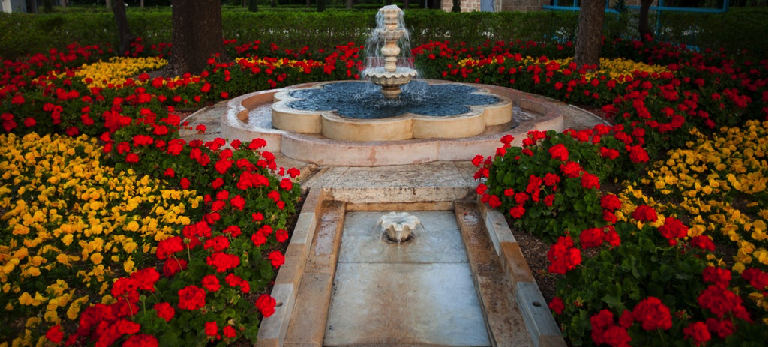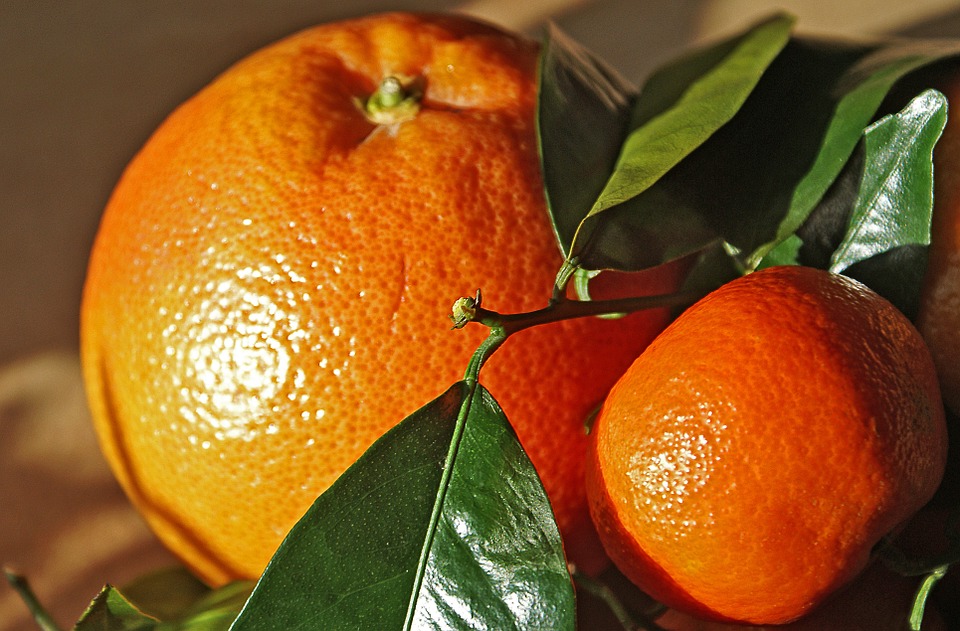
All Things Made New: Humanity’s Coming of Age
 Who can doubt that we live in a new age? Our times are profoundly different to the past. So different as to be entirely unprecedented. We live, indeed, at the threshhold of humanity’s coming of age.
Who can doubt that we live in a new age? Our times are profoundly different to the past. So different as to be entirely unprecedented. We live, indeed, at the threshhold of humanity’s coming of age.
The inadequate terminologies that capture the “newness” of our times include terms such as the industrial age, the information age, the Anthropocene and modernity. Societies which had undergone relatively little change in centuries or millennia have been entirely reshaped. Relations between the genders have broken out of a strict hierarchy that stretches back to the beginning of agriculture. Relations between government and citizen, likewise, have been entirely reshaped compared to the past. Human equality and dignity has been understood, if yet to be fully implemented. Our individual experience of the world is entirely different to that even of our great grandparents.
Despite such profound changes, some human behaviours are stubbornly persistent. Yet they belong to another era. Human domination and exploitation of our fellow human beings is no longer coherent with the human relationships we find acceptable. Warfare is an abomination that only the most criminal among humanity still welcome. Some of these old patterns flow from ways of thought that are rooted in past structures. It is at the level of thought that human emancipation will be found. An insight we may imply from Bahá’u’lláh’s observations on good government is that knowledge is central to the progress of human welfare.
Bahá’u’lláh states:
“It is not his to boast who loveth his country, but it is his who loveth the world.” Through the power released by these exalted words He hath lent a fresh impulse and set a new direction to the birds of men’s hearts….[1]
This speaks of an internal change in humanity. A change of heart and mind, and a latent potential that sooner or later will find fuller expression in human relationships.
The “newness” of the world is captured in passages such as the following:
The whole earth is now in a state of pregnancy. The day is approaching when it will have yielded its noblest fruits, when from it will have sprung forth the loftiest trees, the most enchanting blossoms, the most heavenly blessings. Immeasurably exalted is the breeze that wafteth from the garment of thy Lord, the Glorified! For lo, it hath breathed its fragrance and made all things new![2]
Here, in addition to “newness”, we see a connection between a deeper spiritual reality and its expression in the material world. If we accept the existence of spiritual reality, then we find adequate explanation for the change in the outward world we experience. A new age requires new modes of thought — new attachments of heart and behaviour worthy of a mature humanity.
This is the Day in which God’s most excellent favors have been poured out upon men, the Day in which His most mighty grace hath been infused into all created things. It is incumbent upon all the peoples of the world to reconcile their differences, and, with perfect unity and peace, abide beneath the shadow of the Tree of His care and loving-kindness. It behooveth them to cleave to whatsoever will, in this Day, be conducive to the exaltation of their stations, and to the promotion of their best interests….
Beseech ye the one true God to grant that all men may be graciously assisted to fulfill that which is acceptable in Our sight. Soon will the present-day order be rolled up, and a new one spread out in its stead. Verily, thy Lord speaketh the truth, and is the Knower of things unseen.[3]
It is time to grow up. Time to see the world with new eyes and understand it with a new mind.
This article is the 36th in a series of what I hope will become 200 articles in 200 days for the 200th anniversary of the birth of Bahá’u’lláh. The anniversary is being celebrated around the world on 21 and 22 October 2017. The articles are simply my personal reflections on Bahá’u’lláh’s life and work. Any errors or inadequacies in these articles are solely my responsibility.

